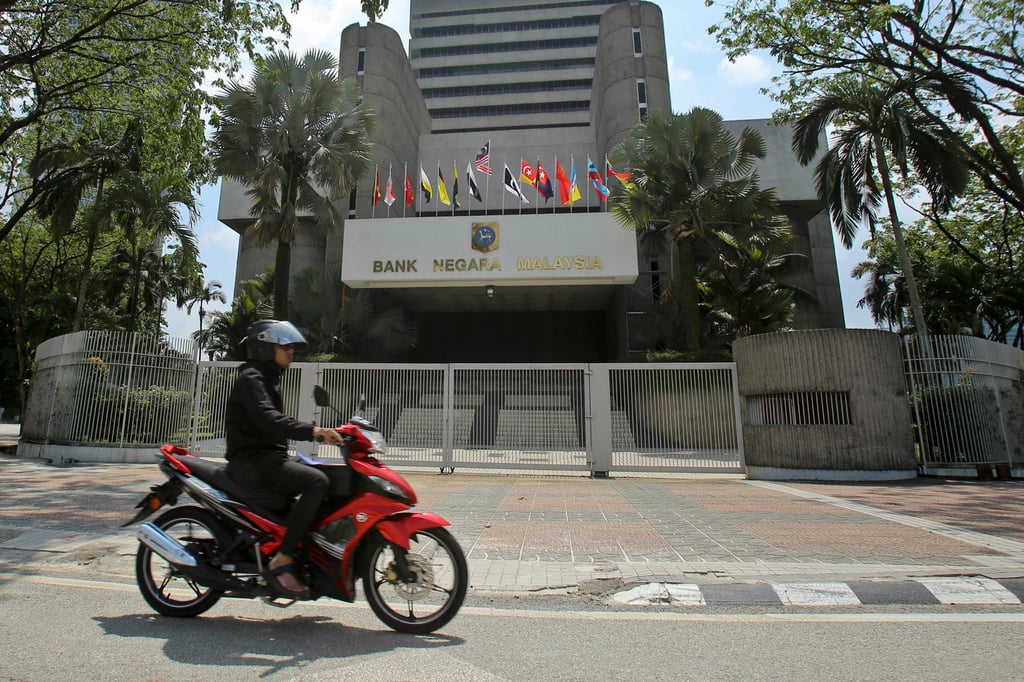Malaysian central bank calls for higher forex inflows to boost ‘undervalued’ ringgit
- The ringgit continues to be battered, a week after falling to a 26-year low against the US dollar
- It ‘ought to be traded higher’, the central bank chief said in an appeal to investors, government-owned enterprises and private firms to help shore up the currency

Bank Negara Malaysia (BNM) said it had stepped up engagements with government-linked investment corporations and companies, private corporations and investors “to encourage continuous inflows to the foreign exchange market”.
“The ringgit is undervalued. Given Malaysia’s positive economic fundamentals and prospects, the ringgit ought to be traded higher,” BNM Governor Abdul Rasheed Ghaffour said in a statement.

The ringgit recovered slightly over this week, opening at 4.7775 against the dollar in morning trade on Tuesday, according to a Bernama report, but still hovering close to its all-time low of 4.885 in January 1998 at the height of the financial crisis.
The central bank and analysts had said the ringgit’s weakness was largely due to expectations of a policy change by the US Federal Reserve – which has prompted dollar inflows – and the far-reaching malaise suffered by China’s economy.
